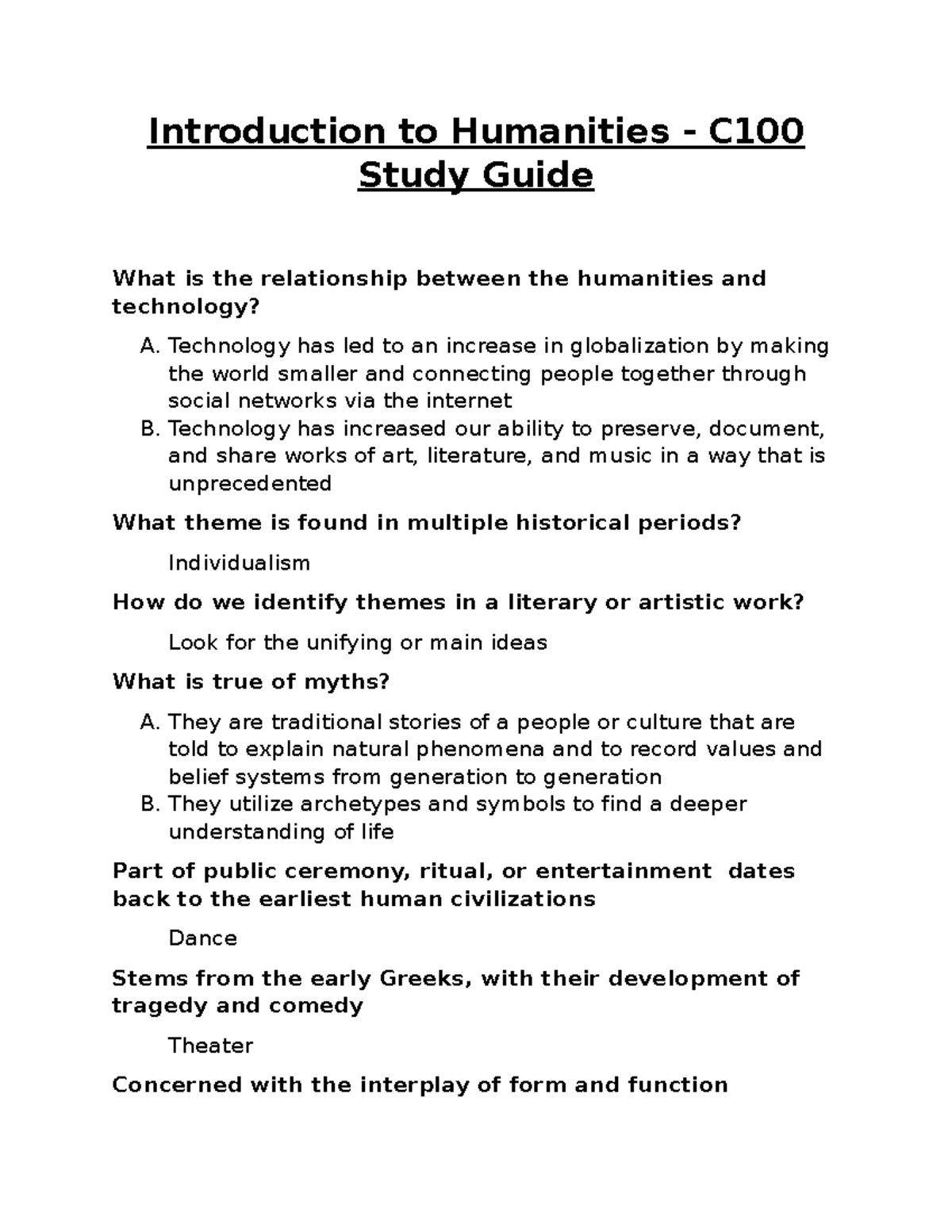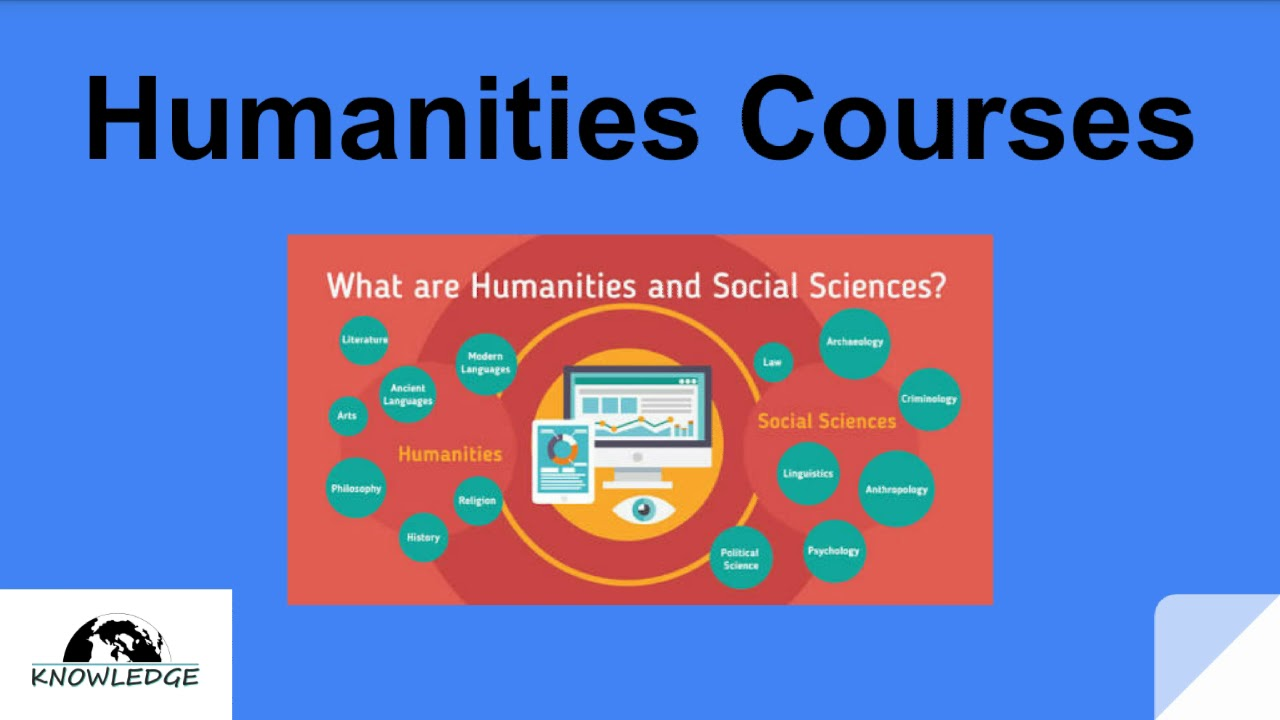Ruha Benjamin, a prominent sociologist at Princeton University, challenges the conventional narratives surrounding the future of AI and its implications for social justice. In her recent Tanner Lectures, she voices a critical stance against the tech elites who often frame their visions of AI-driven advancements as altruistic, while often prioritizing their interests. Benjamin asserts that a future enriched by human values does not have to be dystopian; rather, it can be shaped by creativity and collective imagination. By engaging with the arts and humanities, she argues for a broader understanding that transcends purely technical innovations. As we contemplate the future, it is crucial to consider how these discussions on technology intersect with broader societal needs and ethical considerations, reminding us that the pursuit of progress must involve a commitment to social equity and justice.
In her thought-provoking discourse, Ruha Benjamin invites us to rethink the trajectory of technological advancements and their societal impacts. By reframing the conversation, she encourages us to recognize the potential of interdisciplinary approaches, integrating insights from both social sciences and artistic fields. The conversation about artificial intelligence and its implications can no longer be confined to algorithms and data; it must also encompass ethical deliberations and the lived experiences of marginalized communities. By emphasizing humanistic values in the tech discourse, Benjamin advocates for a vision where innovation aligns with social welfare rather than merely serving the interests of a select few. This holistic perspective challenges us to envision a future that fosters inclusivity and justice, bridging the gaps often left by traditional narratives.
Redefining the Future of AI with Ruha Benjamin
Ruha Benjamin, a leading voice in sociology and an advocate for social justice, challenges the narrative surrounding artificial intelligence and its implications for humanity. During her Tanner Lectures, she argues against the prevailing dystopian view of the future, asserting that the average citizen can and should envision a radically equitable future. Benjamin emphasizes that while tech elites, particularly billionaire CEOs, often promote their AI-driven visions as altruistic, the underlying motivations frequently stem from self-interest and profit. As the conversation around AI evolves, it becomes crucial for everyone to engage and critically assess these futures rather than passively accept the narratives imposed by those in power.
Benjamin reminds her audience that the concerns people have regarding AI are not only valid but necessary to address. She speaks to the often-overlooked consequences of AI technologies, such as the misuse of facial recognition software, which disproportionately affects marginalized communities. This perspective invites us to rethink the narratives surrounding AI, urging society to question the authority of those who design these technologies without understanding the social implications of their impact. Addressing ethical considerations and advocating for a more inclusive dialogue around AI can lead to innovation that genuinely serves the common good.
Artificial Intelligence Meets Social Justice
The intersection of artificial intelligence and social justice is a focal point of Ruha Benjamin’s discourse. She posits that the algorithms driving AI systems are not neutral; rather, they reflect and often exacerbate existing inequalities. For example, the deployment of AI in healthcare decision-making has raised critical ethical concerns, where automated systems prioritize certain demographics over others, perpetuating cycles of marginalization. This underpins her argument that a compassionate approach to AI should include diverse voices to foster equitable technological advancements, rather than simply relying on the technocratic expertise of a select few.
Benjamin further critiques the characterization of AI as purely mathematical constructs devoid of moral implications. She draws parallels between contemporary AI practices and historical movements, such as eugenics, underscoring the risks of employing cold, algorithmic reasoning to address complex human issues. By advocating for a comprehensive understanding that includes historical contexts and human values, she urges academia and industry leaders alike to cultivate a synergy between technology and the humanities. This integrated approach can pave the way for responsible innovations that prioritize empathy and justice in the development of AI.
The Importance of Arts and Humanities in AI Development
In her lectures, Ruha Benjamin highlights the necessity of incorporating the arts and humanities into discussions about technology and AI. She argues that the creative domains offer profound insights into human experience and ethical considerations that should inform technological development. By elevating the voices of artists, writers, and philosophers alongside technologists, society can devise more holistic solutions that resonate with real-world complexities and human values. This approach encourages multidisciplinary collaboration, enriching the discourse around AI with diverse perspectives that might otherwise be sidelined.
Moreover, Benjamin calls for a shift in how educational institutions prioritize inquiry, suggesting that universities must foster creativity rather than merely technical prowess. The arts and humanities can provide frameworks for critical thought that challenge the status quo and inspire innovative problem-solving. By asking ‘now what?’ rather than just ‘how?’ in the context of AI, we can envision futures that transcend current limitations, aiming for sustainable societies that value interconnectedness and human dignity. This creative reimagining invites individuals to dismantle restrictive mental constructs that hinder expansive thinking, ultimately moving toward a more just and inclusive future.
Critiquing the Vision of Tech Elites
Ruha Benjamin critically analyzes the visions put forth by tech elites regarding the future of AI, arguing that their perspectives often lack a grounding in societal understanding and ethical responsibility. She points to examples of billionaires investing in survivalist strategies rather than addressing the root causes of societal issues, illustrating a profound disconnection from the communities they claim to serve. This critique urges us to question the narratives shaped by those benefitting from the status quo, and to seek alternative visions that prioritize the collective good over individual gain.
Benjamin encourages a broader community engagement in shaping the future of AI. By empowering marginalized voices and promoting inclusive dialogues, we can challenge the technologically deterministic views that dominate current narratives. This approach not only enriches the conversation around AI but also fosters solutions that reflect the needs and values of all community members. Emphasizing ethics and humanity in technology creates a framework for AI that is not about merely technological triumph, but about creating a better, more just world for everyone.
Envisioning a World Beyond Surveillance and Supremacy
In her call for a radical reimagining of societal structures, Ruha Benjamin presents a bold vision for a future beyond surveillance and supremacy. She challenges audiences to consider envisioning systems that go beyond current frameworks of policing and control. Benjamin suggests that the inherent biases present in today’s technologies can lead to greater societal oppression, and thus, it is vital to aspire to new models of governance that emphasize freedom and equity. The notion of a world unshackled from oppressive systems invites fresh ideas and innovative practices that can guide us toward more liberating futures.
Benjamin’s invitation to imagine different possibilities urges us to dismantle preconceived notions about what is achievable. By rejecting the idea that certain societal structures are inevitable, she advocates for creativity and active participation in shaping our technological landscape. This reflects a call to action for individuals and communities to unite in their efforts to create alternatives that prioritize human dignity and collective empowerment. Through this lens, we can challenge the status quo, inspiring a movement toward transformative change that aligns with the ideals of social justice.
Math, Algorithms, and Human Values
Ruha Benjamin emphasizes the critical relationship between math, algorithms, and human values in the discourse on AI. She argues that while algorithms are often perceived as neutral, they are inherently shaped by the values and biases of their creators, which can lead to unjust outcomes. By relying solely on mathematical precision without considering societal implications, we risk reproducing the very inequalities we strive to eliminate. Benjamin’s position calls for a reassessment of how we engage with technology, urging us to integrate ethical deliberation into the design and implementation of AI systems.
Furthermore, the reliance on algorithmic decision-making in areas like criminal justice and healthcare illustrates a disturbing trend of distancing human empathy from critical societal issues. Instead of allowing math to dictate the narrative, Benjamin advocates for a collaborative approach where ethical considerations and human insights inform mathematical applications. This shift can transform AI from a tool of oppression into one of empowerment, with the potential to improve lives rather than hinder them. By intertwining human values with technological advancement, we can build a future where AI contributes positively to society.
Reimagining the Role of Education in AI Ethics
Benjamin’s insights provoke a necessary reflection on the role of education in cultivating ethical awareness around AI technologies. She insists that educational systems must transcend traditional technical training to encompass a broader understanding of social justice, ethics, and creativity. By fostering a curriculum that integrates arts, humanities, and social sciences, institutions can prepare students not just to occupy roles in a tech-driven economy but to engage thoughtfully with the ethical dimensions of emerging technologies. This holistic educational approach can empower future innovators to prioritize the common good and social equity in their designs.
In rethinking education, Benjamin advocates for interdisciplinary collaboration that encourages students to challenge prevailing narratives and envision more equitable futures. With a focus on creativity, this expansive view can inspire young minds to seek solutions that resonate with human experiences rather than rely solely on quantitative metrics. By embedding these values into educational frameworks, we prepare a generation equipped to engage critically with AI technologies, advocating for human-centered approaches that genuinely reflect the diverse needs of society as we navigate an increasingly automated world.
Empowering Communities to Shape AI Futures
Ruha Benjamin champions the idea that communities should have a significant role in shaping the future of AI technologies, advocating for a participatory approach that includes diverse voices in the conversation. She emphasizes that local communities often have valuable insights about their needs and can inform technology design in ways that global tech elites may overlook. By promoting community engagement, we can ensure that AI systems are developed with a clear understanding of their social implications, ultimately leading to technologies that genuinely serve the communities they are meant to help.
This empowerment extends beyond mere consultation; it requires an ongoing partnership between technologists and community members. Benjamin’s vision portrays a future where collaboration fosters a shared sense of ownership and responsibility in the development of AI. In practice, this could manifest as community-led initiatives that advocate for ethical AI practices and seek to address pressing social issues. By equipping communities with the tools and knowledge needed to engage in these dialogues, we can co-create AI solutions that honor human values and advance social justice.
Redefining Success in an AI-Powered World
In her discussions, Ruha Benjamin invites us to reconsider what success looks like in an AI-powered world. Rather than measuring progress solely by technological advancements or economic growth, she advocates for a broader conception that prioritizes social equity, justice, and human well-being. This reframing challenges the dominant paradigms that often prioritize profit margins over community welfare, urging society to imagine successes that include reducing disparities and enhancing the quality of life for all people.
By focusing on well-being as a metric of success, Benjamin encourages stakeholders to think critically about the impact of their AI innovations. This shift in perspective could lead to more ethically-driven decisions in technology development that consider the long-term effects on society at large. By welcoming diverse viewpoints and aligning technological goals with community needs, we can pave the way for an AI landscape that not only advances human progress but also nurtures the values of compassion, equality, and justice.
Frequently Asked Questions
What role does Ruha Benjamin see for the arts and humanities in shaping the future of AI?
Ruha Benjamin emphasizes the importance of the arts and humanities in shaping the future of AI, advocating for a creative approach to inquiry that considers social values and human rights. She believes that integrating these disciplines can lead to a more equitable and imaginative future, challenging traditional narratives dominated by tech elites.
How does Ruha Benjamin critique the narratives promoted by tech elites regarding AI and social justice?
Ruha Benjamin critiques the narratives promoted by tech elites by arguing they often prioritize self-interest over genuine human welfare. She warns that the portrayal of AI as an altruistic tool overlooks its potential to reinforce social inequalities, particularly affecting marginalized communities.
In what ways does Ruha Benjamin believe AI can perpetuate systemic oppression?
Ruha Benjamin highlights that AI technologies, such as facial recognition and automated healthcare systems, can perpetuate systemic oppression by misclassifying and mistreating marginalized groups. She argues that algorithms often lack social context, leading to harmful outcomes reminiscent of historical injustices like those seen in the eugenics movement.
What vision of the future does Ruha Benjamin advocate for in her discussions about AI?
Ruha Benjamin advocates for a vision of the future that prioritizes human values, creativity, and social justice, urging society to reimagine systems without the constraints of current injustices. She encourages moving beyond dystopian narratives to envision inclusive, equitable futures that dismantle existing power structures.
How does Ruha Benjamin suggest we move beyond the limitations of current AI technologies?
Ruha Benjamin suggests moving beyond the limitations of current AI technologies by fostering interdisciplinary dialogue that includes diverse perspectives from the arts, social sciences, and humanities. This approach aims to create technology aligned with human values and social justice rather than technical efficiency alone.
What are the implications of Ruha Benjamin’s views on AI for policymakers and tech developers?
The implications of Ruha Benjamin’s views suggest that policymakers and tech developers must prioritize ethical considerations and diverse perspectives in AI development. She calls for addressing the societal impacts of technology, ensuring that innovations promote justice rather than exacerbate inequality.
| Key Points | Details |
|---|---|
| AI and Social Justice | Ruha Benjamin questions the motives of tech elites and highlights the risks they pose to society. |
| Criticism of Tech Solutions | Benjamin emphasizes that AI technologies often reinforce existing inequalities instead of alleviating them. |
| Moral Decision-Making | She argues that AI’s algorithmic nature can harm marginalized groups, similarly to past eugenics movements. |
| Creative Thinking | Calls for creativity and imagination in problem-solving to envision a more equitable future. |
| Reimagining Society | Benjamin advocates for rethinking societal structures, beyond conventional tech solutions. |
Summary
Ruha Benjamin highlights the potential for a non-dystopian future by challenging the dominance of AI technologies that often perpetuate societal inequities. Her call for creativity and reimagining societal norms invites us to consider a more equitable approach to technology that prioritizes the voices of marginalized communities and emphasizes the importance of arts and humanities in shaping our collective future.




